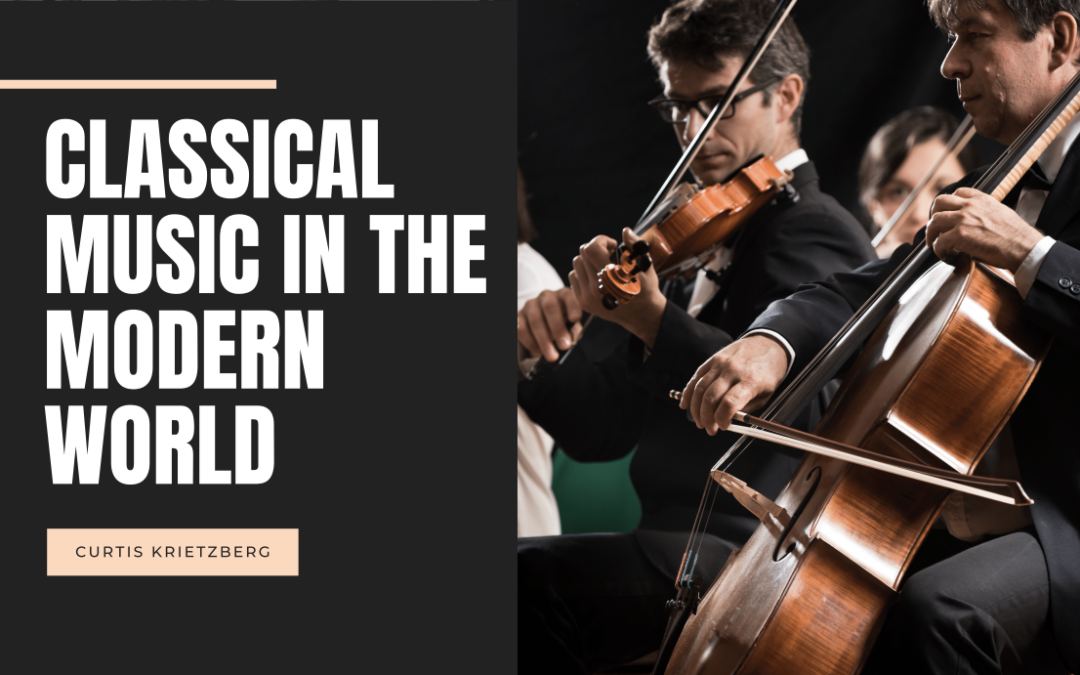Classical music, with its intricate melodies, harmonies, and complex compositions, has withstood the test of time, defying notions of being an outdated art form. In reality, classical music continues to exert a profound influence on modern music and culture in multifaceted ways. This blog post delves into the enduring relevance of classical music in the contemporary world.
Classical Music as a Foundation
Classical music serves as a cornerstone for numerous modern genres, including pop, rock, and jazz. Artists in these genres often incorporate classical music elements, such as orchestration and harmony, into their compositions. The Beatles, for instance, seamlessly integrated classical music elements in their iconic songs like “A Day in the Life” and “Eleanor Rigby,” featuring string arrangements inspired by the rich heritage of classical music.
Classical Music in Movies and Television
The impact of classical music extends deep into the realms of film and television. Many movies and TV shows employ classical music in their soundtracks to forge a powerful emotional connection with audiences. The acclaimed film “Amadeus” vividly portrays the life of classical music composer Wolfgang Amadeus Mozart, prominently featuring his compositions. Likewise, the television series “Game of Thrones” weaves together the works of composer Ramin Djawadi, heavily influenced by the classical music tradition.
Classical Music in Advertising
Classical music often finds resonance in the realm of advertising, as its emotive qualities can stir profound responses in audiences, making products more appealing. A notable example is the Hovis bread commercial in the UK, which masterfully employed Dvořák’s Symphony No. 9 in its ad campaign, captivating and resonating with viewers on a significant scale.
Classical Music in Education
Education frequently harnesses the power of classical music to teach children about music theory, composition, and history. Through an exploration of classical music, children develop an appreciation for this art form, laying a foundation for their exploration of other genres and musical expressions.
Classical Music as a Form of Therapy
Classical music has also emerged as a therapeutic art form, with scientific studies attesting to its capacity to reduce stress and anxiety levels, one of these studies focusing on the effect it had on university students. It has also demonstrated efficacy in aiding individuals with sleeping disorders and depression, serving as a therapeutic balm for the soul, as a report done for the National Library of Medicine shows.
Conclusion
Classical music stands tall as an enduring pillar within modern culture. Its profound influence on various musical genres, its ubiquitous presence in film, television, and advertising, its role in education, and its therapeutic potential all testify to its continued relevance and importance in our contemporary world. Regardless of one’s personal inclination toward classical music, its impact on society and culture is undeniable.

